Limitation Periods in BC
In BC, the law sets strict time limits, known as limitation periods, for starting a legal action. If you miss the applicable deadline, you may lose your right to sue, regardless of the merits of your case.
Standard Limitation Period: Two Years
For most civil claims, the limitation period is two years from the date the claim is discovered. However, some types of claims have longer or shorter timeframes. For example:
• Enforcing a court judgment: 10-year limitation period
• Claims against a municipality: Only six months
Because limitation periods vary depending on the nature of the claim and the parties involved, it’s essential to understand which timeline applies to your situation.
When Does the Limitation Period Begin?
A claim is considered “discovered” when you knew, or reasonably should have known, all of the following:
1. An injury, loss, or damage occurred
2. It was caused by an act or omission
3. The responsible party is the person you intend to sue
4. A lawsuit is an appropriate way to seek a remedy
Example:
Suppose you bring your car in for engine repairs. After a month in the shop, you pick it up and notice a large dent in the rear bumper. The limitation period begins on the day you discovered the damage and reasonably connected it to the repair shop’s actions.
Ultimate Limitation Periods
In BC, the ultimate limitation period is 15 years. This means that, regardless of when a claim is discovered, you cannot bring a legal action more than 15 years after the wrongful act that gave rise to the claim occured.
Claims Discovered Before June 1, 2013
If your claim was discovered before June 1, 2013, the previous limitations legislation may apply.
Don’t Miss Your Window to Sue
Failing to file a claim within the applicable limitation period can result in your case being barred permanently. If you're unsure which limitation period applies, it's critical to seek legal advice as soon as possible.
Need Help Assessing Your Deadline?
Our litigation team can help you determine whether you still have time to bring a claim and guide you through the next steps. Contact us today for a consultation.
NOT LEGAL ADVICE. Information made available on the Queenstone Law website in any form is for information purposes only. It is not legal advice. You should not rely on, or take or fail to take any action, based upon this information. We would be pleased to discuss any specific legal concerns you may have.
Although we attempt to keep the information on our site accurate and up-to-date, due to the ever changing nature of the law, as well as, the speed at which new cases are released, we cannot guarantee that the content is fully up to date or remains completely accurate.
